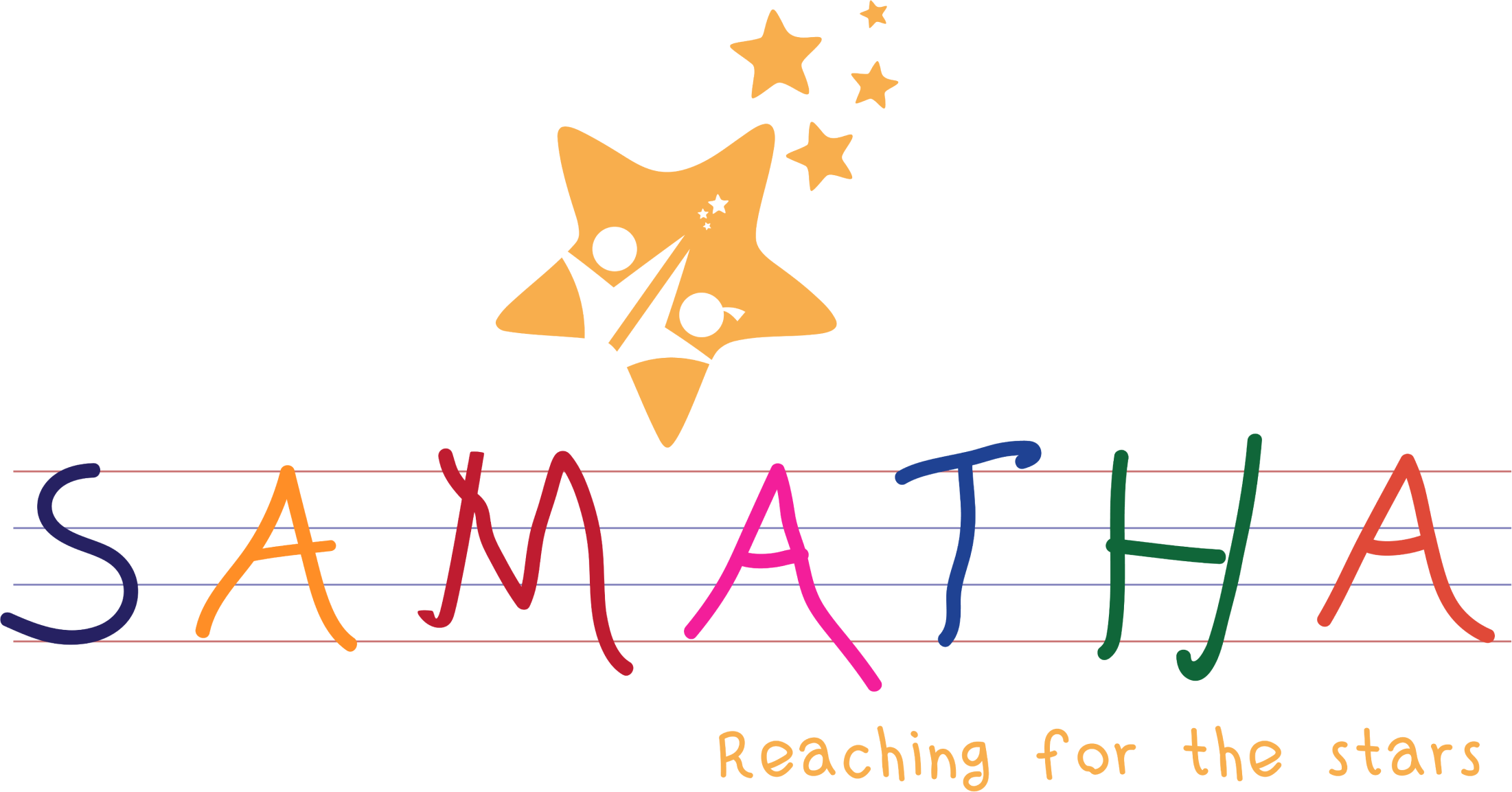https://journals.sagepub.com/doi/10.1177/1362361320919286
Have we thought about how we communicate with different people in our lives?
When we want someone, like our loved one or our boss, to understand what we want to communicate, we will use different ways to explain and do it till we get our message across to them.
Then there are those we don’t really care if they understand what we say…..like when we do a presentation or deliver a speech. It would be good if most did understand, but we don’t worry about those who didn’t understand and we just carry on with delivering our presentation.
And now we come to those who are diagnosed with autism. The diagnosis comes with the label of having a deficit in communication.
I have a few questions I want to ask:
… Do we make an effort to change the way we communicate so that they may understand us better?
… Do we take the label seriously which says communication deficit, and try hardest to change them to understand us ?
… Do we assume that because someone with autism doesn’t understand us, they will not understand anyone else?
When it comes to Autism isn’t it always our agenda to teach them to speak and communicate as we do? Doesn’t it become about ‘them’ and ‘us’?
Even if ‘we’ don’t understand them, do we give them the opportunity to find other like themselves to connect with? Or do we spend all our time and effort to make ‘them’ like ‘us’?
What I really wonder is if this label is what is most damaging? Would we be a little more accommodating or a little more understanding if we saw differences as differences? For example, an Indian trying to understand an Australian accent. Or an American trying to understand the Indian culture of eating food with their hands…..all just differences….not a disorder.
Do read the excerpts from this book shared. I do believe we have something to learn here rather than only teaching those with autism to be more like ‘us’.
#samathalearning #communication #autism #understandingautism #culture #labels #specialneeds #learning #Respec

